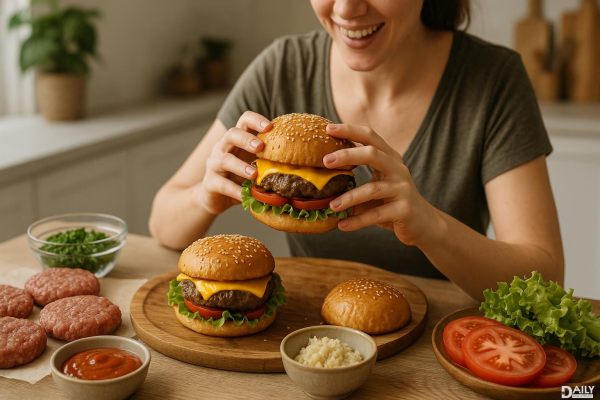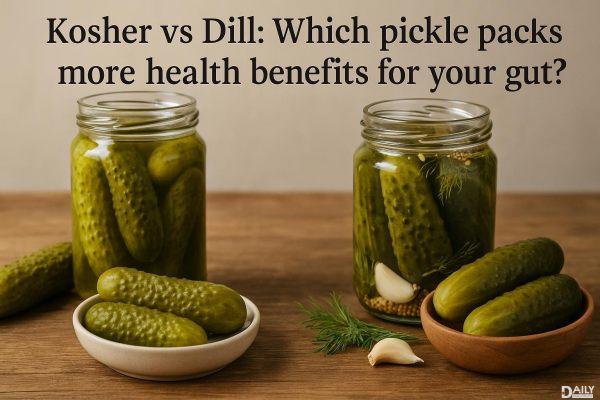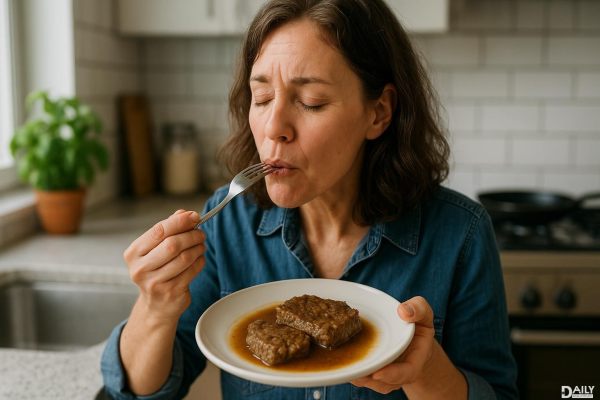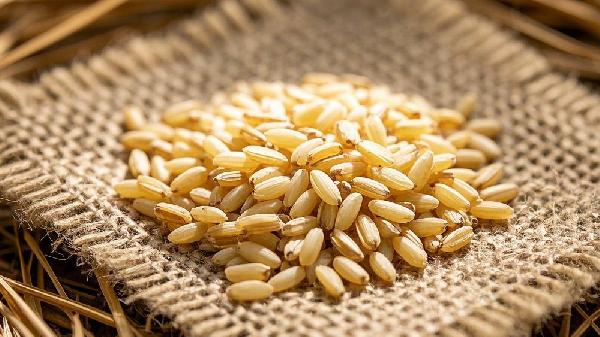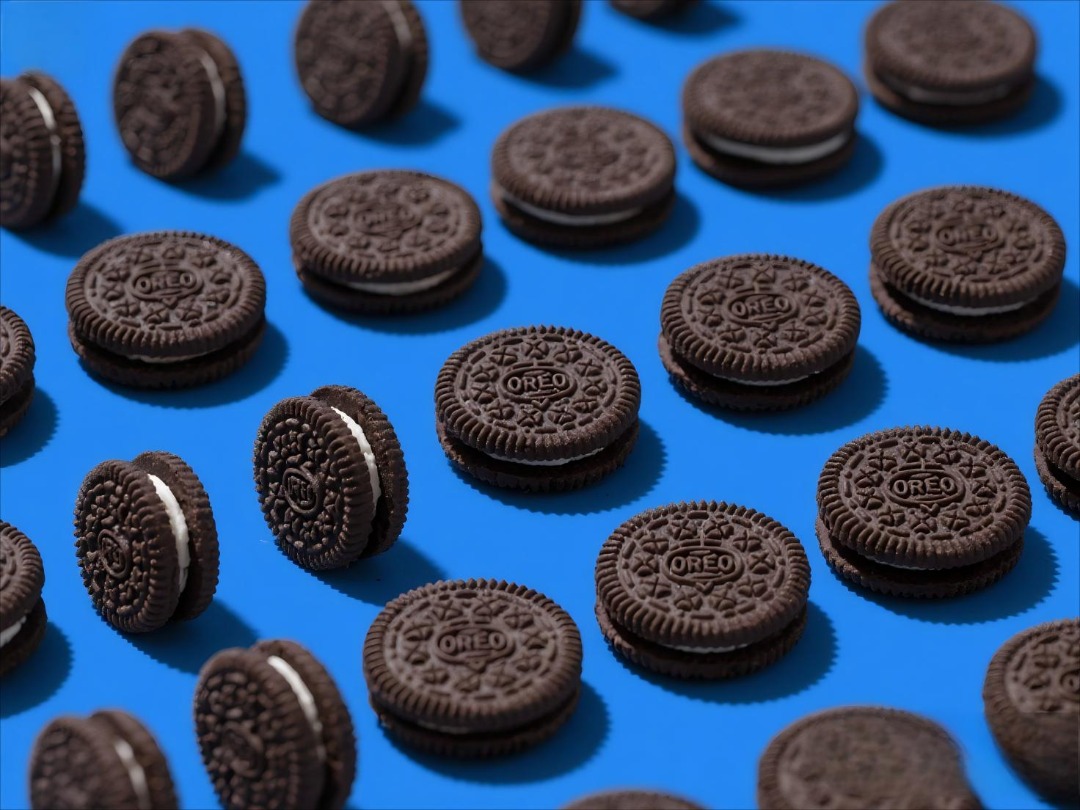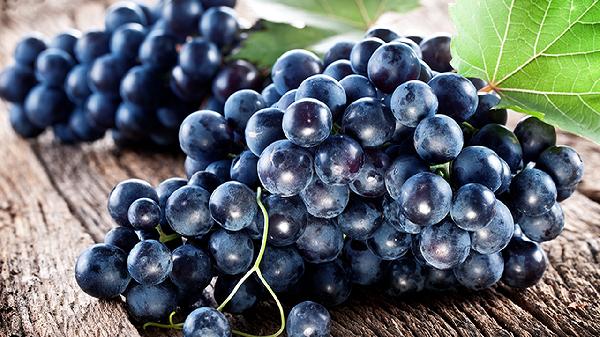If you're tossing and turning at night, struggling to drift off into dreamland, your pre-bedtime snack choices might be the missing puzzle piece. While avoiding caffeine and sugar before sleep is common knowledge, there's a whole world of sleep-inducing foods that can work like a natural lullaby for your body. These aren't just old wives' tales—science backs up how certain nutrients interact with your brain chemistry to help you fall asleep faster and stay asleep longer.
The Science Behind Sleep-Inducing Snacks
Your body's sleep-wake cycle is influenced by a complex dance of hormones and neurotransmitters. Tryptophan, an amino acid found in many protein-rich foods, gets converted into serotonin and then melatonin—the hormone that regulates your sleep patterns. Magnesium acts as a natural muscle relaxant, while calcium plays a crucial role in melatonin production. Understanding this biochemical symphony helps explain why certain foods can be your allies in the battle against insomnia. The key is choosing snacks that contain these sleep-promoting compounds while avoiding those that might stimulate your system when you're trying to wind down.
Sweet Dreams Start with Tart Cherries
Don't let their tangy taste fool you—tart cherries are like nature's sleeping pills. These ruby-red fruits pack a triple punch of melatonin, magnesium, and tryptophan, working together to regulate your sleep cycle. Research shows that drinking tart cherry juice can significantly improve sleep quality and duration. The melatonin content helps synchronize your internal clock, while the magnesium relaxes tense muscles that might keep you awake. Try keeping a small bottle of tart cherry juice in your fridge for those nights when sleep seems elusive—just sip about 8 ounces an hour before bedtime.
Bananas: The Original Sleep Aid
This humble yellow fruit is basically a sleep supplement in convenient peelable packaging. Bananas contain potassium and magnesium, both natural muscle relaxants that help your body unwind after a long day. But the real magic comes from their tryptophan content—this amino acid gets converted into serotonin and then melatonin in your brain. The carbohydrates in bananas help tryptophan cross the blood-brain barrier more effectively. For maximum effect, pair your banana with a small handful of nuts or a spoonful of nut butter—the healthy fats help slow digestion, keeping you satisfied through the night.
Dairy Does a Body Good—At Bedtime Too
Your grandma wasn't wrong about warm milk before bed—there's actual science behind this age-old remedy. Dairy products contain tryptophan, and the calcium in milk helps your brain use tryptophan to manufacture melatonin. The warmth provides psychological comfort, triggering childhood memories of being cared for, which can help relax your nervous system. If you're not into plain milk, try Greek yogurt—it's higher in protein and pairs perfectly with sleep-promoting toppings like honey or banana slices. Just opt for low-fat versions to avoid heavy digestion that might disrupt your sleep.
Protein Power for Peaceful Sleep
Lean proteins like poultry contain high levels of tryptophan—remember that post-Thanksgiving dinner nap? That's the tryptophan in turkey working its magic. But you don't need a holiday feast to benefit—a small serving of chicken or turkey before bed can provide enough tryptophan to boost melatonin production. Pair it with complex carbs like whole grain crackers to help the tryptophan reach your brain more effectively. For plant-based options, hummus made from chickpeas offers similar benefits, providing vitamin B6 which is crucial for melatonin synthesis.
Dark Chocolate: The Surprising Sleep Ally
While most chocolate gets a bad rap for keeping you awake, high-quality dark chocolate (70% cacao or higher) contains flavonoids that may actually help you relax. These compounds improve blood flow to the brain and reduce stress hormones that can interfere with sleep. The small amount of caffeine is offset by the relaxing effects of magnesium and theanine found in quality dark chocolate. Stick to about an ounce—roughly one small square—about an hour before bed to enjoy the benefits without overstimulation.
Herbal Helpers for Heavy Eyelids
Chamomile tea has been used for centuries as a natural sleep aid, and modern science confirms its effectiveness. The flavonoid apigenin binds to GABA receptors in your brain, producing a mild sedative effect similar to anti-anxiety medications (but without the side effects). Other herbal teas like valerian root or passionflower can also promote relaxation. The ritual of brewing and sipping warm tea itself creates a calming bedtime routine that signals to your body it's time to wind down.
Complex Carbs for Better ZZZ's
Foods like oatmeal, whole grain bread, or crackers provide complex carbohydrates that help regulate blood sugar levels throughout the night. The gradual digestion of these carbs prevents blood sugar crashes that might wake you up. Oats in particular contain melatonin, making them a double-whammy for sleep support. Try a small bowl of oatmeal with milk and a drizzle of honey about an hour before bed—the combination of complex carbs, dairy, and natural sweetness creates the perfect sleep-inducing trifecta.
Nutty Solutions for Sleepless Nights
Nuts and seeds are packed with sleep-promoting nutrients. Almonds contain magnesium and tryptophan, while pumpkin seeds are one of the best plant sources of tryptophan—they actually contain more than turkey per serving! Walnuts provide their own melatonin, and peanuts offer niacin which helps produce serotonin. A small handful (about an ounce) of mixed nuts makes an ideal pre-bed snack. For something more substantial, try almond butter on whole grain toast or pumpkin seed powder mixed into yogurt.
Putting It All Together
Creating the perfect sleep-inducing snack is about balance—combining tryptophan-rich proteins with complex carbs to help absorption, plus magnesium and calcium for muscle relaxation. A sample perfect bedtime snack might be whole grain crackers with cheese and a few slices of turkey, or Greek yogurt with banana slices and a sprinkle of pumpkin seeds. Remember to keep portions small—about 150-200 calories—to avoid digestive discomfort. Time your snack about 45-60 minutes before bed to allow for digestion while the nutrients take effect. With these science-backed food choices, you'll be drifting off to dreamland before you can count to ten sheep.
While no single food is a magic bullet for insomnia, strategically choosing sleep-supportive snacks as part of a comprehensive bedtime routine can make a noticeable difference in your sleep quality. Combine these dietary changes with other good sleep hygiene practices like maintaining a consistent sleep schedule, creating a dark and cool sleep environment, and managing stress through relaxation techniques. Sweet dreams are made of these—literally.

